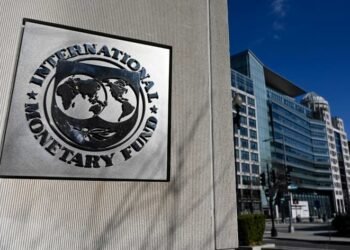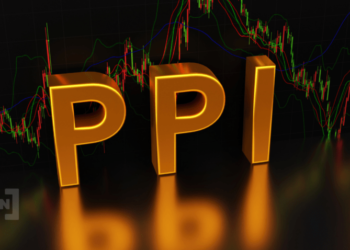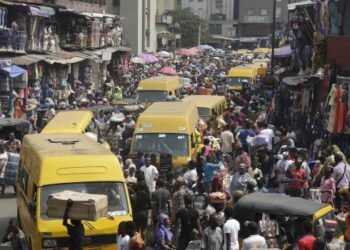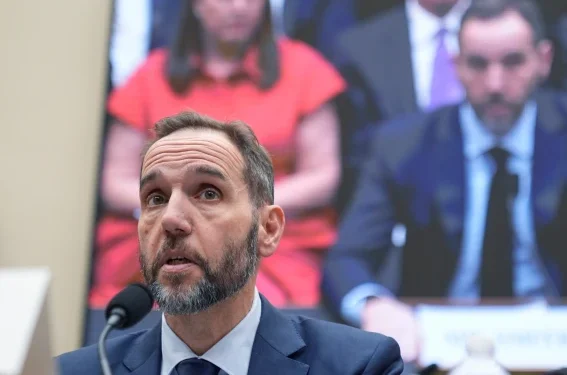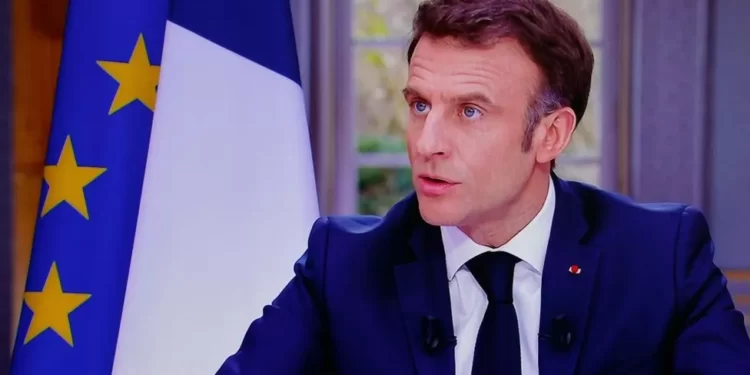Dr. Kwadwo Opoku has intimated he was utterly surprised that the Central Bank decided to hike the policy rate in its just-ended regular meetings in an attempt to tame galloping inflation in the country.
According to the Research Fellow at the Centre for Social Policy Studies (CSPS) at the University of Ghana, the actions by the Central Bank will only lead to a hike in interest rates because the current rising inflation does not stem from too much liquidity in the system.
Dr. Kwadwo Opoku told the Vaultz News that treasury bills are risk free asset so once the policy rate is increasing, it will also increase the treasury bill rates and banks will find it more lucrative to hold government bonds instead of giving the money to the public.
The Policy Analyst emphasized that there are lots of supply bottlenecks in the system and not necessarily demand-pull inflation where there’s lots of money in the system chasing fewer goods.

“I did not expect the central bank to increase the policy rate because I’m thinking the problem that we’re facing now is not high liquidity in the economy. I’m thinking it’s been generated by high prices of imports, especially food commodities.
“So, if it is not caused by high liquidity issues, then it implies that you want commercial banks to put their money with the Central Bank rather than lending to the public”.
Dr. Kwadwo Opoku
Dr. Kwadwo Opoku said he was expecting the Central Bank to have held on for a while to monitor the dynamics of the global, especially regarding prices of imported commodities before rolling out counter policy measures since the local currency is gradually gaining some weight.
“I’m thinking that it is just because there are high prices coming from somewhere and supply bottlenecks which do not commensurate with our own demand. That’s what is driving the inflation.
“I was not expecting the central bank to increase the policy rate. I wanted them to actually do it [leave the rate unchanged] and see if this inflation rate will be sustained in the future before they get something to counteract especially, when we now have an exchange rate which is a little bit stable. So, I was not expecting this one”.
Dr. Kwadwo Opoku
As to whether investors will receive negative returns on their investments, Dr. Kwadwo Opoku explained that the policy rate is not the same rate the government sells its securities because the rates of these instruments are determined by market participants. He noted that even though the current policy rate of 19% is lower than the inflation rate of 23.6%, it does not necessarily mean negative net returns for investors.
Rising interest rates and debt sustainability
Commenting on the impacts of rising interest rates and inflation on debt sustainability, Dr. Kwadwo Opoku indicated that since investors use expected inflation rate to determine the interest rate at which they lend to government, the rising inflation will mean higher cost of borrowing to government.
“Now that we are expecting higher inflation rate, they will charge higher than the expected inflation rates and that is what probably will happen. I believe that going to the market, investors will start increasing the interest rate that is required for them to borrow to the government.
“We are going to see probably, the Treasury bill rate rising very fast because they will not want to get negative net interest rates; they will start quoting higher rates for amounts that they want to lend to the government”.
Dr. Kwadwo Opoku
Dr. Kwadwo Opoku further noted that Ghana’s debt challenges are mostly due to its difficulty to service its debts. “Given that our revenues are low, we spend a higher proportion of our domestic revenue in debt servicing, so that is the problem”, he said.
Ghana is currently classified among 10 countries globally by Council on Foreign Relations (CFR) Sovereign Risk Tracker that are at risk of debt distress.
The country was scored a mark of 10, meaning it has a 50% or higher chance of defaulting in the next five years. The West African nation’s debt reached an alarming level of GH¢391 billion at the end of Q1, 2022, accounting for approximately 78% of GDP.
Meanwhile, BOG reported a deficit of 2.6% for the first quarter, compared with the target of 2.3%, despite government’s resolve to embark on fiscal consolidation.
READ ALSO: Expert Blames Floods On Lack Of Intervention Plans By Authorities




